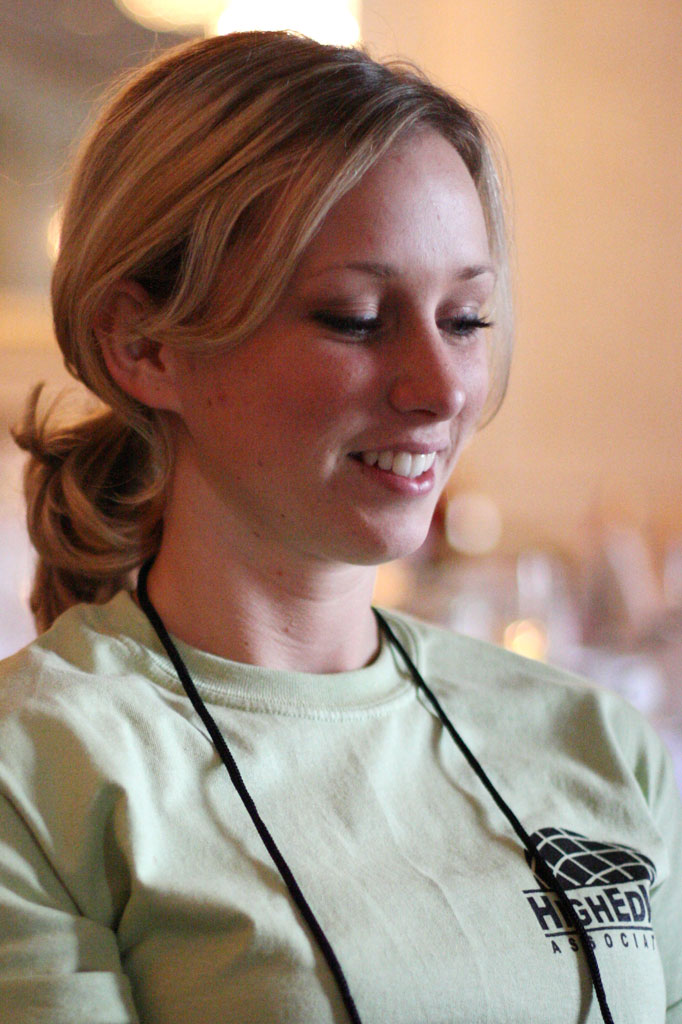When you ask people who work on the Web what they like about their jobs, you get a lot of answers.
“The way the Internet brings us together.”
“Looking through data, coming up with hypotheses on how to make improvements and analyzing data again to check for changes.”
“The collective power of the people who make the Web work.”
The range of available careers on the Web is just as broad, one reason so many college students hope to work there. But before they can live that dream, they have to navigate some complex questions.
 To help, HighEdWeb is offering a new outreach to college students, CrowdSource Summit: A Conference for Emerging Web Professionals, which will take place Oct. 17-18 in Portland, Oregon.
To help, HighEdWeb is offering a new outreach to college students, CrowdSource Summit: A Conference for Emerging Web Professionals, which will take place Oct. 17-18 in Portland, Oregon.
CrowdSource promises to deliver potent antidotes to common stumbling blocks, including:
Technology evolves so quickly – I can’t learn everything. Which skills will future employers value the most?
Sven Aas, lead Web applications developer at Mount Holyoke College, has almost two decades of experience in the field and has seen countless tech trends come and go. He’ll share his process in a session on development and technology.
I like writing, but it gets complicated online. How do I know what style to use and which topics to cover when there are so many ways to reach people?
Ma’ayan Plaut, manager of social strategy and projects at Oberlin College, will help untangle the biggest Gordian Knot of all when she speaks on reaching people through social media.
Then Georgy Cohen, associate creative director for content strategy at OHO Interactive and co-founder of Meet Content, will pick up with a talk on developing solid content strategy that makes distributing messages easier.
When you’re never face-to-face with your target audience, how do you know if they’re getting the information you want them to understand?
Robin Smail will address this in a session on the all-important issue of user experience. She’s ready to share what she’s learned from her position as a UX renegade and user advocate at Penn State.
Michael Fienen, senior interactive developer at Aquent, will also weigh in with how design helps (or hinders) the audience’s quest to find the information it wants.
 What kinds of jobs are available? And how do I set myself up for them?
What kinds of jobs are available? And how do I set myself up for them?
Doug Ruschman, executive director for university communications at Xavier University, will give an overview of working on the Web, and the conference sessions will conclude with a panel discussion of career advice.
It’s a fantastic lineup of people who are making the Web right now, all ready to help students understand how they can become the people who will make the Web tomorrow.
HighEdWeb is well-equipped to guide students who want to work on the Web in a variety of industries. Our organization’s coders, communicators, designers and marketers are a diverse group, all united by a commitment to education and the open exchange of ideas.
Keynote speaker Mara Zepada will reinforce this empowering message of collaboration when she speaks on her journey as the founder of Switchboard, a social network that began with a “pretty simple idea: it should be easy for people to help one another.”
As CrowdSource organizer Lori Packer puts it, “Sometimes there is a tendency to think that the Web is magic. Like someone much, much smarter than us just waved a wand or twiddled some dials and WHAM! But everything you see – every bad restaurant site, every cool game, huge sites like Facebook and tiny sites like your soccer team’s blog – was made by a person. It’s not a mystery. It’s just hard work and creativity. It’s liberating to think about technology that way. It means anyone can learn how to do it.”
Know someone who should attend? CrowdSource Summit is Friday and Saturday, Oct. 17-18 at the Red Lion Hotel in Portland, Oregon. Registration is $50 and includes breakfast, lunch and swag.

